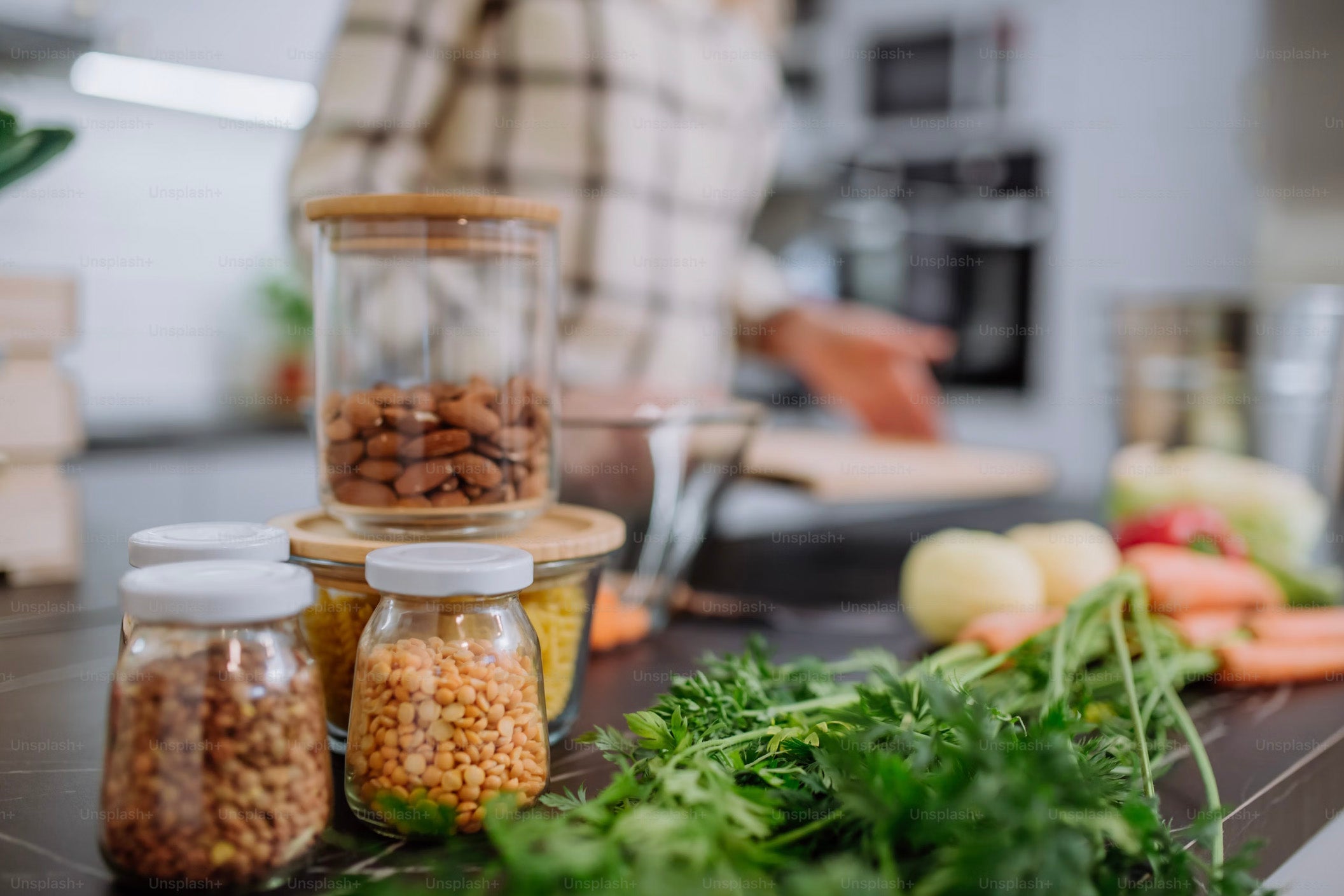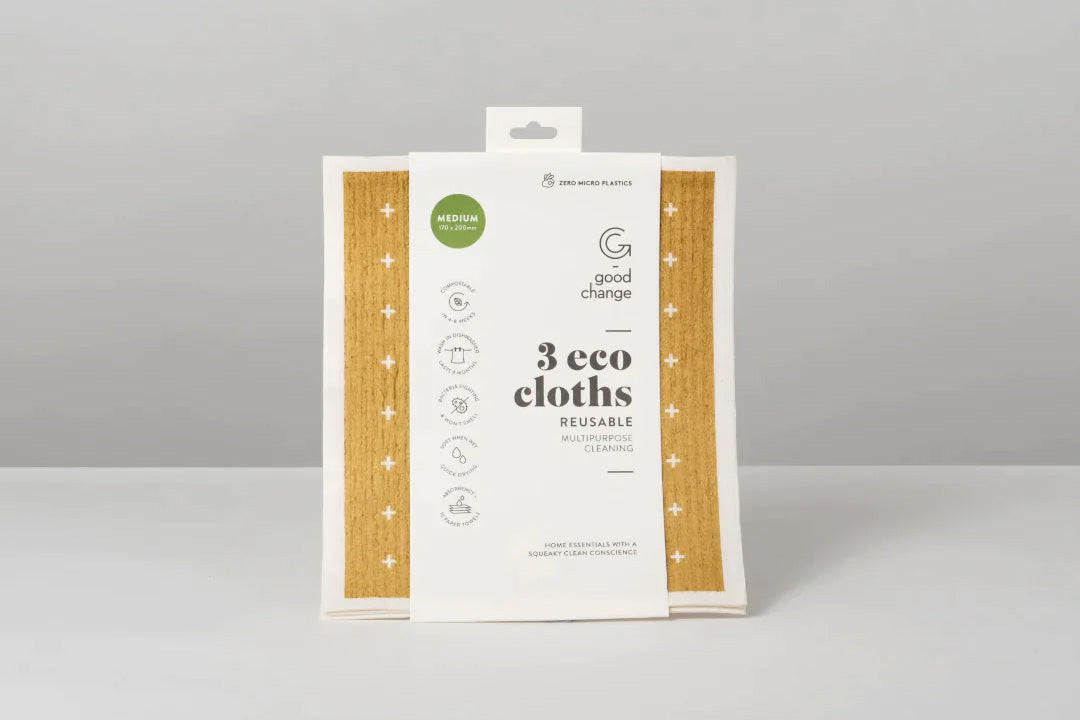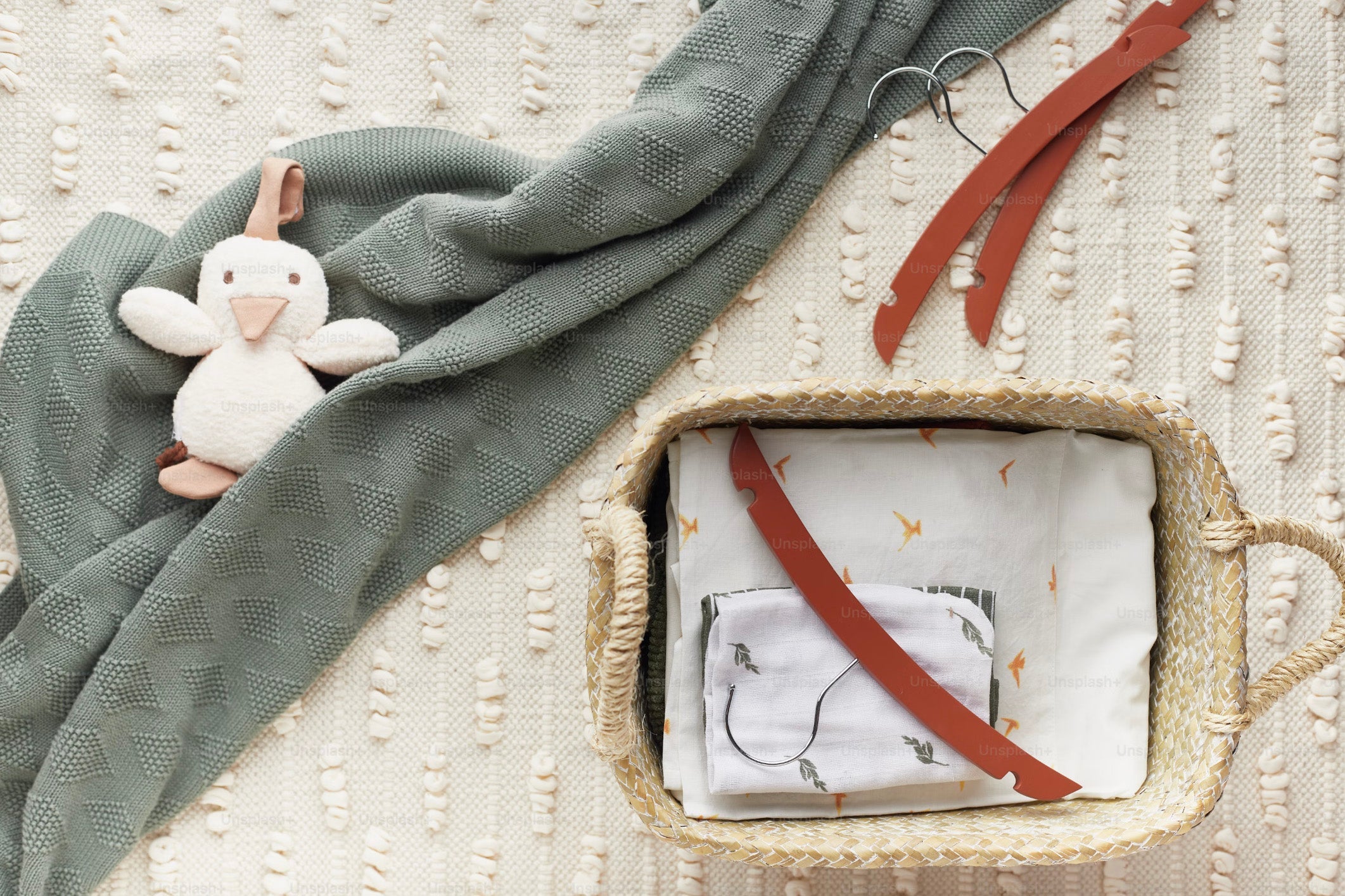Implementing a Zero-Waste Kitchen: A Comprehensive Guide

Are you tired of seeing your kitchen trash bin brimming with waste at the end of the day? Or perhaps you cringe at the amount of food that gets tossed out unused? If you've been feeling the nudge to make a change, you're in the right place. In the era of climate change and environmental consciousness, it's high time to reconsider our habits, and what better place to start than our very own kitchens?
From rethinking your shopping habits, to smart meal planning, to composting and recycling—this guide will walk you through practical and simple strategies to minimise waste and make your kitchen a greener space.
It's not about achieving perfection, but about making small and meaningful changes that significantly reduce waste. And the best part? It's not just the Earth that will thank you. You'll find your wallet heaving a sigh of relief too, as you save money by cutting down on unnecessary purchases and excess food.
So, ready to embrace the challenge and turn your kitchen into a zero-waste champion?
Zero-Waste Food Storage Solutions
Managing food storage in a sustainable manner is one of the keys to a zero-waste kitchen. Say goodbye to disposable plastic wraps and bags and instead, welcome these eco-friendly alternatives:
1. Beeswax Wraps
Beeswax wraps are reusable, compostable food wraps made from organic cotton coated with beeswax, tree resin, and jojoba oil. They keep your food fresh and can be used to cover dishes, wrap sandwiches, and store fruits and vegetables. Once their usefulness expires (with proper care, they can last up to a year), simply compost them at home.
2. Glass Containers and Jars
Reusable glass containers and jars are versatile options for storing and preserving food. Glass is non-toxic, dishwasher-safe, microwaveable, and maintains the freshness of its contents. Collect repurposed jars or invest in high-quality glass containers to serve various food storage purposes.
3. Silicone Storage Bags
Silicone storage bags, made from food-grade silicone, are a durable, reusable alternative to single-use plastic bags. These bags are leakproof, versatile, and can be used for storing, freezing, or even cooking food.
Eco-Friendly Kitchen Tools and Utensils
Kitchen tools and utensils contribute significantly to a zero-waste kitchen. Replace plastic tools with sustainable, long-lasting options crafted from environmentally friendly materials:
1. Wooden Cutting Boards
Opt for wooden cutting boards, made from sustainably-sourced wood or bamboo. They are durable, biodegradable, and less prone to harbouring harmful bacteria than their plastic counterparts.
2. Stainless Steel Cookware
Stainless steel cookware, which is long-lasting and highly durable, helps minimise waste and reduce the need for frequent replacements. Its even heat distribution ensures efficient cooking, furthering your goal of eco-friendliness.
3. Reusable Tea and Coffee Filters
Replace single-use filters with stainless steel or cloth filters for brewing coffee and steeping tea. Not only are these filters reusable and easy to clean, but they also contribute to reducing paper waste.
Responsible Food Purchasing and Meal Planning
To significantly cut down on kitchen waste, adopt conscious habits related to food purchasing and meal planning:
1. Buy in Bulk
Purchase kitchen staples, such as grains and legumes, from bulk food stores. Bring your own reusable containers or bags to help eliminate packaging waste. Buying in bulk often results in lower prices, fewer trips to the store, and reduced food waste.
2. Plan Meals
Reduce food waste by planning your meals in advance. Assess what you have available in your pantry, fridge, and freezer before jotting down meal ideas for the week. Create a shopping list and stick to it, only buying what you need to curb unnecessary spending and waste.
3. Use Leftovers Creatively
Don't let leftovers in the fridge go to waste. Incorporate them into new dishes, such as stir-fries, casseroles, or salads, or repurpose them into entirely new meals. This practice not only saves money but also reduces food waste significantly.
Green Kitchen Cleaning Practices
Sustainable cleaning practices in a zero-waste kitchen revolve around eco-friendly products and habits that promote responsible resource usage:
1. Natural Cleaning Solutions
Use non-toxic, biodegradable cleaning products or create your own DIY cleaning solutions with vinegar, baking soda, and essential oils. These alternatives protect both the environment and your family's health.
2. Energy Conservation
Conserve energy and save money by washing dishes in cold water, using the dishwasher only for full loads, and keeping appliances clean and well-maintained for efficiency.
3. Reusable Cleaning Supplies
Ditch disposable paper towels and sponges in favour of reusable and washable cloths that can be laundered regularly. Opt for microfibre cloths or organic cotton towels as waste-free options for cleaning tasks.
Cultivating a Zero-Waste Lifestyle
Whether it's swapping out your disposable kitchen towel for a cloth one, or growing your own herbs instead of buying packaged ones, each action is a step towards reducing your kitchen's carbon footprint. It's a continuous process of learning and adapting, and every day presents an opportunity to make more sustainable choices.
So, let's embrace this journey with open hearts and persistent efforts; after all, our kitchens are the heart of our homes. The Living Co. understands and shares your dedication to sustainable living. Browse our high-quality and eco-friendly products in Australia to kickstart your zero-waste kitchen journey. Together, let's work towards a cleaner and healthier Earth for generations to come!



Comments